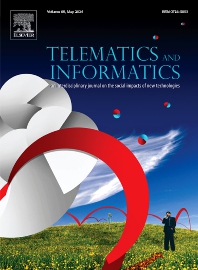Research in Organizational Behavior
- ISSN: 0191-3085
- 5 Year impact factor: 8.4
- Impact factor: 3.1

Our business, management, and accounting titles are essential reading for students and professionals, and cover a range of foundational and advanced topics across actuarial science, quantitative assets management and investment modelling, business venturing, business law, and human resource management, among other topics









